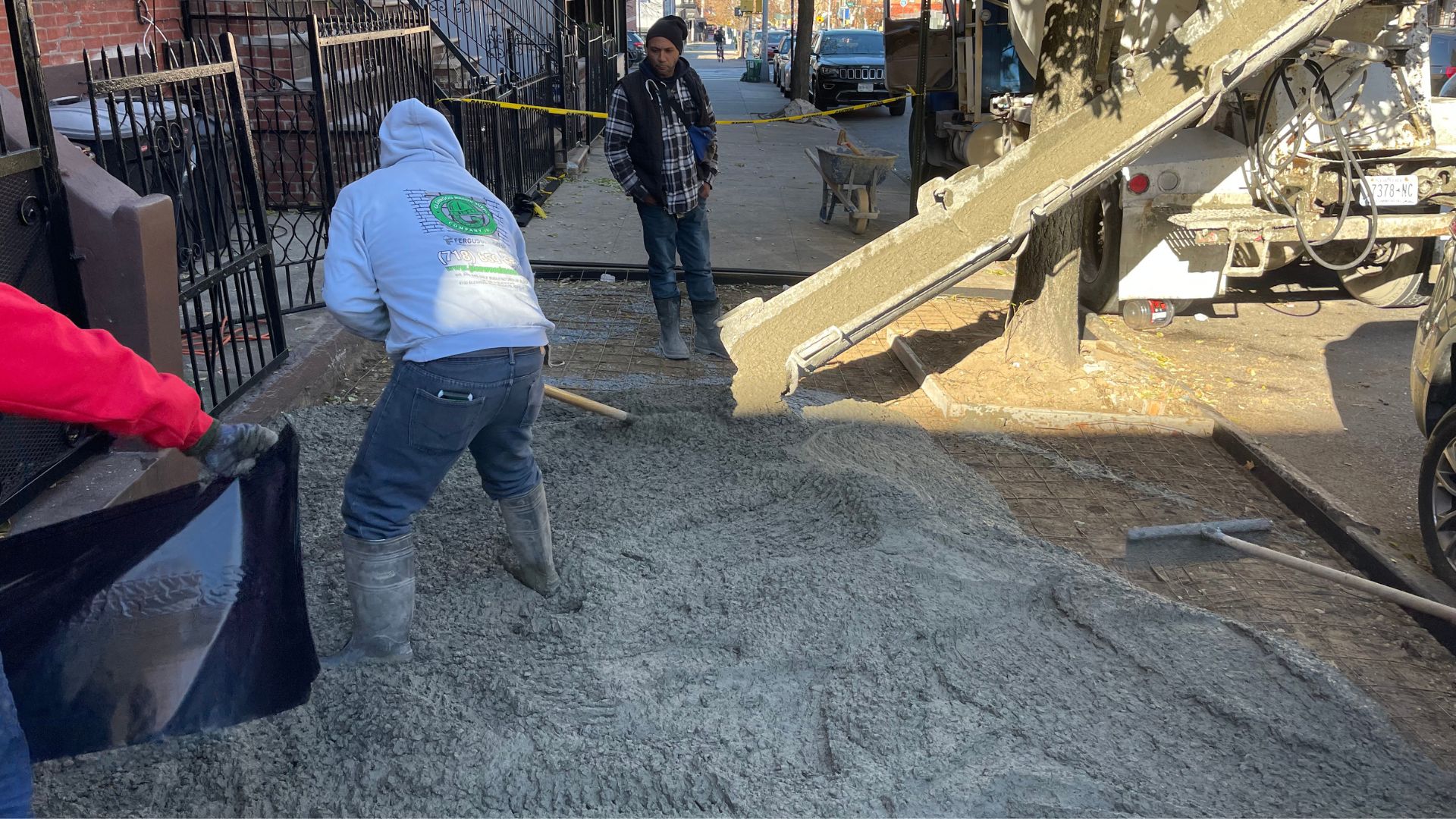- Support Hours is 24/7 every day
- (718) 541-7534
- info@oberoigc.com

Get Rid of Concrete Cracks!!
- Posted On: December 17, 2024
- Posted By: construction@oberoi
If you are living in five boroughs of NYC, due to the temperature fluctuations and weather conditions it’s quite normal if you noticed some cracks on your concrete constructions. Though, concrete is the best and very long-lasting construction material still it can have some cracks on its surface over a period of time.
What are the reasons for concrete cracks?
There could be many reasons which can cause cracks in the concrete. Before hiring a professional Concrete Contractor, you can investigate the causes yourself.
- Concrete can expand or shrink because of some temperature fluctuations.
- A poor ratio of water in the concrete mix could be a reason for concrete cracks as excessive moisture can lead concrete to shrinkage.
- In case of less or no moisture in the concrete can cause cracks. The concrete services need to be hydrated to prevent cracks.
- If a concrete construction is being done in very cold weather, it can be a reason for concrete cracks.
- The framing and leveling of the concrete base should be done correctly. Otherwise, this can also cause cracks.
- If the expansion joints in concrete slabs are not installed correctly over a period of time they can also lead to cracks in the concrete.
Considering the above cause, here are some practices that can be used to prevent concrete cracks:
- Concrete construction typically takes 28 days to cure completely. To achieve strengthened and crack-free concrete it needs some care in its initial few days. If the moisture evaporates then you can notice cracks. So, to prevent this after the concrete is poured you can spray water on the surface for the first week especially if it’s hot weather.
- Due to weather conditions or temperature changes concrete slabs such as sidewalks or driveways are likely to shrink. To stop this control joints or expansion joints should be installed to eliminate the cracks in the future.
- The most common and usual mistake that the improper mix of water in the concrete. It should not be too watery or too dry as it can result in concrete cracks after drying. The water should be incorporated with concrete gradually to achieve the standard mix.
- Installing wired mesh and rebar depending on the type of concrete construction can add more strength and durability to it. It also helps to prevent cracks in concrete.
- Leveling, framing & compacting the base after digging out the soil from the base is very important. If it’s not done correctly it can lead to cracks after some time. The main reason behind compacting the base before pouring the concrete mix is to ensure that the soil is settled down and will not develop any cracks in the future.
Concrete cracks can be avoided if you start to look for the causes and work with them.
